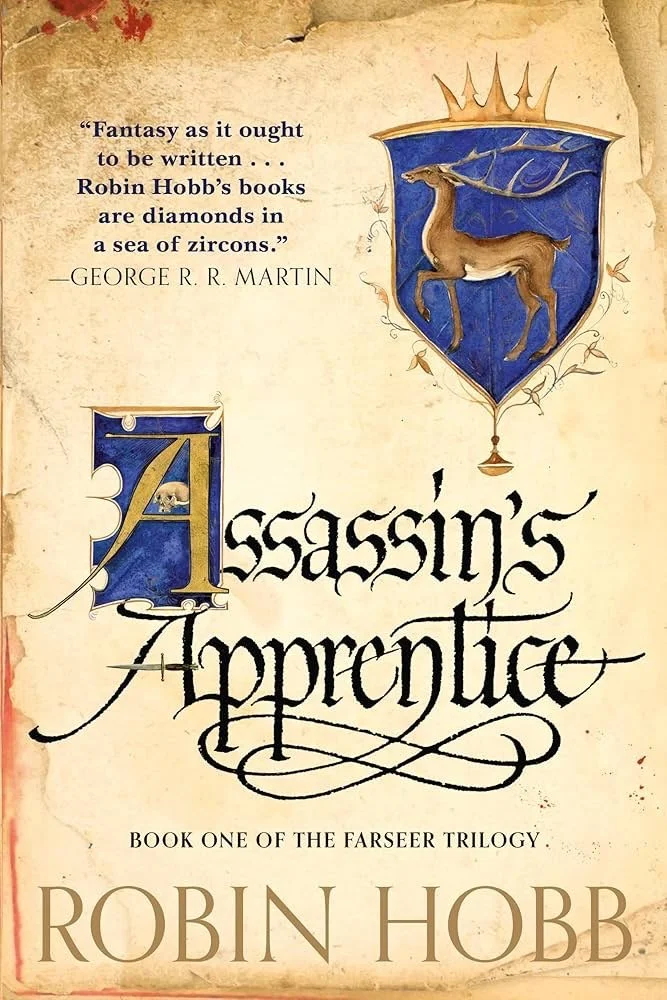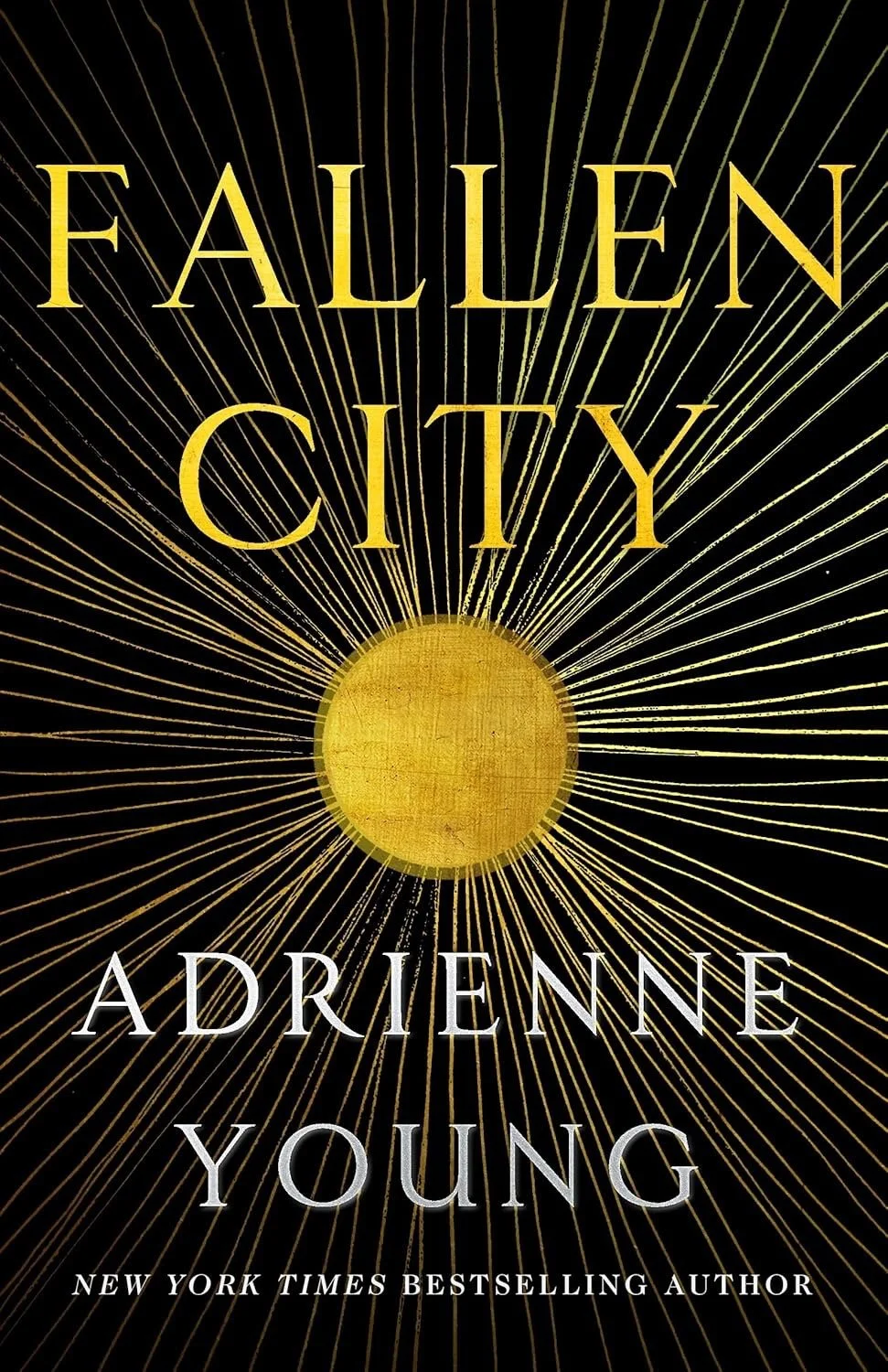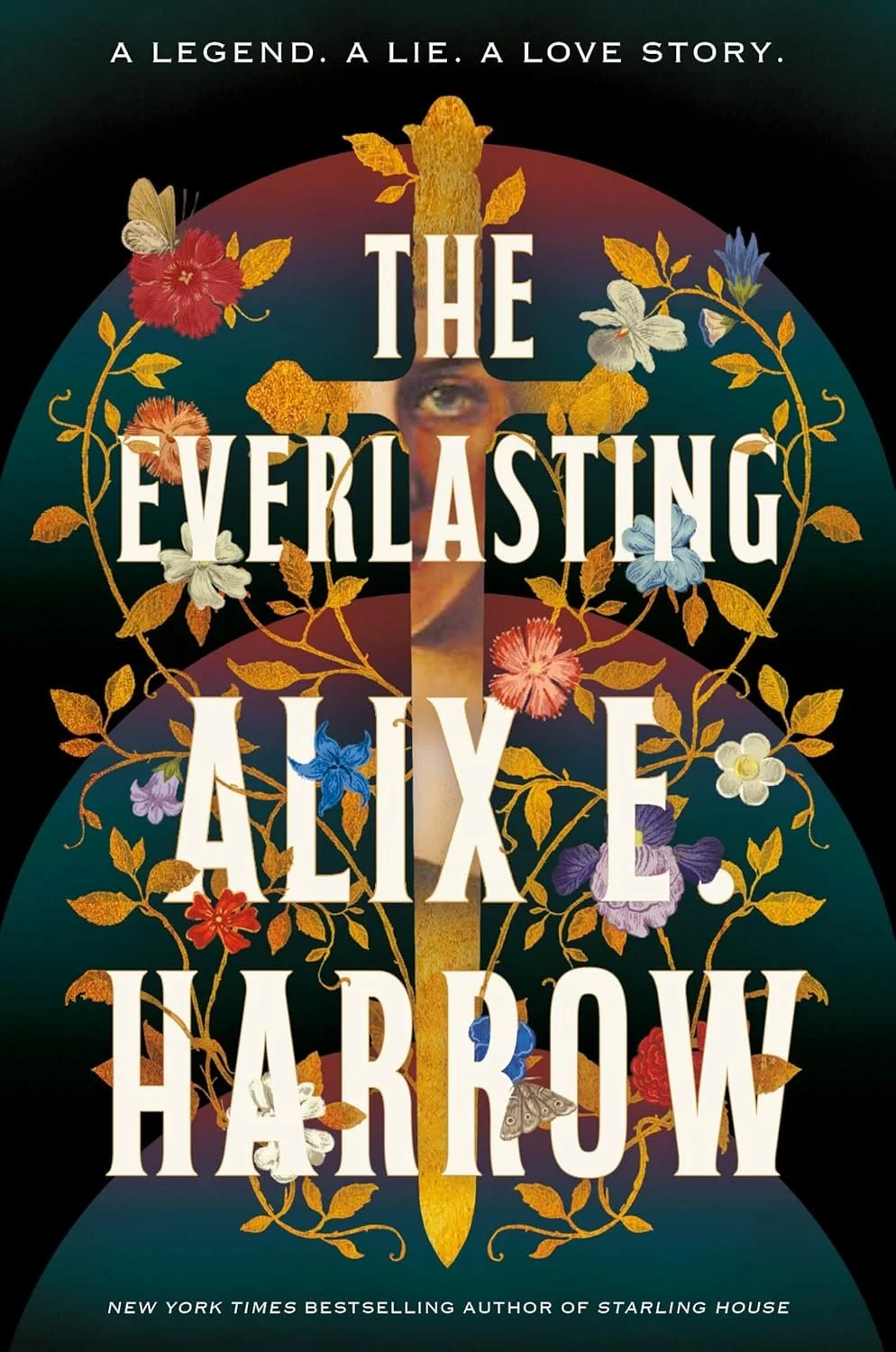Shield of Sparrows by Devney Perry — Review and Content Warnings
Title: Shield of Sparrows
Genre: Romantasy
Series: Shield of Sparrows Trilogy #1
Synopsis: Odessa—a neglected princess of Quentis—is thrust into a blood-bound marriage with a Turan prince amid a monster-infested realm, forcing her to journey across a dangerous continent as a reluctant spy and reluctant bride while discovering her own strength and secrets along the way.
Content Warnings
General Rating: Adult (18+ / TV-MA)
Spice Rating: Severe
Open-door sex scenes in ch. 52 and 55
Violence Rating: Severe
War violence, blood and injury, domestic violence, attempted murder, murder, death of a parent
Profanity Rating: Severe
Frequent use of f*ck
Other Trigger Warnings: infidelity, pregnancy, animal death
Book Review
Overall rating: 4.5/5 stars
What I Liked
Odessa is a strong female character who has spent her entire life in her younger sister’s shadow. I can relate to that. She prefers swimming and reading to swordplay, though she becomes proficient at that throughout the book, too. She’s curious and asks a lot of questions—some readers have criticized this character trait and writing style, but I found it endearing. She’s teased about it by other characters as they get to know her, and it is a way for the reader to wonder about the curiosities of Turah along with Odessa.
The side characters were splendid—Evangeline, Luella, Cathlin, Brielle, and Jocelyn all performed their parts perfectly. I felt drawn in by the camaraderie between these women and resonated with Odessa’s desire for friendship in a foreign land.
The ending gripped me. Just enough tension between secrets answered and secrets teased. Just enough heartache to get my emotions twisted into knots. I bought into the romance, in the end. It built up slowly enough to keep me interested. The first identity reveal caught me by surprise; the second, I predicted but it was still satisfying. I’m impressed and I’ll keep my eye out for book 2.
What I Didn’t Like
Shield of Sparrows is in many ways a classic romantasy novel—the protagonist is thrust into forced proximity with a male character who is an enemy and supposedly a brute, and sparks ensue. I didn’t like the initial brutishness of the Guardian. He borders on verbally abusive and encroaches on Odessa’s personal space far too often for comfort. I felt violated by his intrusion on Odessa’s behalf. Of course, as secrets are revealed, he’s not such a brute after all, and Odessa’s feelings are justified. It’s one of my least favourite tropes; why must male characters be entirely unlikable to start?
Secondly, the various nations of Calandra are identifiable by ‘starbursts’ of various colours around the irises of the characters. What is it about fantasy authors and weird eye colours? My conclusion is that this is a way to identify various races and nationalities without drawing attention to skin colour. In fact, I don’t recall a single description of skin colour in the book. It makes sense, given our present-day sociopolitical climate around skin colour and race, but eye colour still strikes me as a strange racial identifier.
Major Themes
Curiosity and Secrets: Odessa is by nature curious. She has a million questions, and the reader feels the tension of her questions compared to the slow reveal of answers. Treow was brilliantly written as a sheltered location where Odessa was kept from any outside knowledge. I felt stifled, claustrophobic even, during these scenes. I felt that tension deeply, so that when secrets are finally revealed, it was a great physical sense of relief, a weight off my chest.
“I’d gotten bored, and bored meant curious.” (84)
Patriarchy and Underestimated Women: Odessa has spent her life being shunted to the back corner of the room. Her sister was groomed for espionage and warfare. Odessa simply existed for the whims of the men who bartered for her life. Nearly all of the women in the book are underestimated by men—an interesting theme drawing attention to the subtle work of those who aren’t in power. Women have historically been known to do amazing work in medicine, politics, theology, social work, and humanitarian efforts. It was interesting to see Perry draw these themes into a fantasy world entirely unlike our own.
“Who would I become if I wasn’t at the mercy of men?” (220)
Power in Knowledge: Books are burned, secrets kept, and maps eradicated. Knowledge is power. Those who control knowledge control the masses; they control empires. Truth is dangerous, because it undermines power.
Soldiers were throwing books from the doorway into a heaping pile. Another man came from a nearby treehouse, a stack of children’s books in one hand. They were tossed in the same heap before he turned on a heel, probably to search other treehouses for more. (195)
Writing Style
Odessa’s POV is given in first person, drawing attention to her inquisitive nature and emotional depth. While first-person is not my favourite, I enjoyed Odessa’s myriad questions and internal dialogue. The worldbuilding was done carefully as Odessa encounters different landscapes, cities, and towns. Each location is wonderfully unique. I loved Treow in particular. Action is balanced with introspection, and while it starts slow, the final 100 pages flew by.
Tropes
Arranged marriage
Enemies to lovers
Oppressive kingdom with hidden secrets
Warrior training arc
Others Like This
The Bridge Kingdom by Danielle L. Jensen
The Serpent & the Wings of Night by Carissa Broadbent
Throne of Glass by Sarah J. Maas






Book review with content and trigger warnings for Among the Burning Flowers by Samantha Shannon